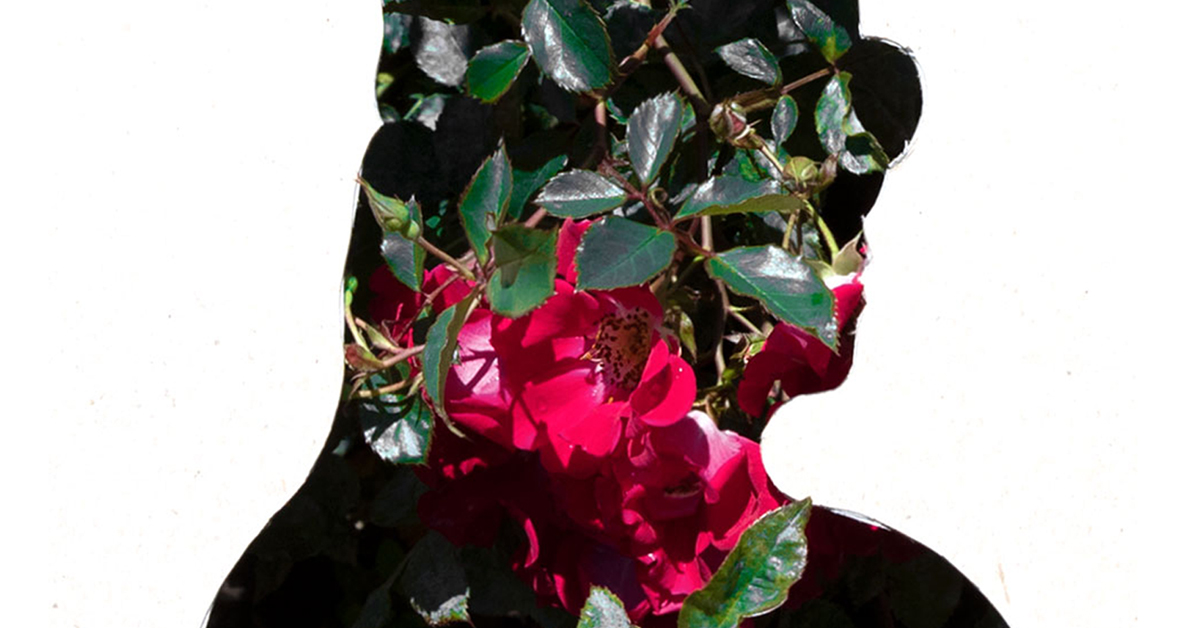

What I appreciate about Odell’s approach is that she earnestly considers race and class in the how and why of resisting the attention economy. I did, admittedly, download the iNaturalist app after reading this book.

But I thought of those parts as stretching my limits of understanding - this book was kind of a key to get me to try to pay attention to something different. I imagine there are a lot of us who just don’t see ourselves giving up our phones for a life of birdwatching or going to symphonies where a pianist plays nothing for three movements. Many of her descriptions of art exhibits were difficult to grasp, and her focus on bioregionalism was sometimes challenging to get through. Yes, there are parts of the book that were near-inaccessible. She uses an example of an old-growth redwood tree in Oakland that is useless for human consumption - ironically it is its “uselessness” that saves it from being cut down for timber, making it the only tree of its generation to survive. Odell first asks us to rethink the idea of “usefulness” and to really challenge this tendency to think of time and attention as commodities, something we’ve mostly taken for granted in the gig economy. What parts of our identities get lost when we boil all of our ideas down to 280-character tweets that offend no one? When we think of people as brands and corporations as people, how does that effect our ability to actually connect with others or even with ourselves? But beyond that, it can erode our relationships with other people, with time, and with the environment around us. Yes, at the most basic level, social media and the news cycle take away our ability to reflect and think deeply about what’s actually happening underneath the status updates and headlines. The bulk of this book is about the things that we are unable to do when our attention is tied up in social media or the news cycle. There is really no how-to in this book, and I don’t think Odell’s work here can be even halfway summarized with buzzwords like “mindfulness” or “digital detox” or whatever. Instead it’s a really well-researched book on some abstract and sometimes seemingly esoteric concepts: the self, attention, bioregionalism, what it means to refuse/resist in place, and the effects of late stage capitalism on all of the above. The title is misleading as this is not at all a how-to on unplugging or leaving social media (for that, maybe read Cal Newport’s Digital Minimalism or Catherine Price’s How to Break Up With Your Phone). First, I understand the negative reviews of this book.


 0 kommentar(er)
0 kommentar(er)
